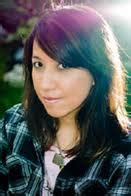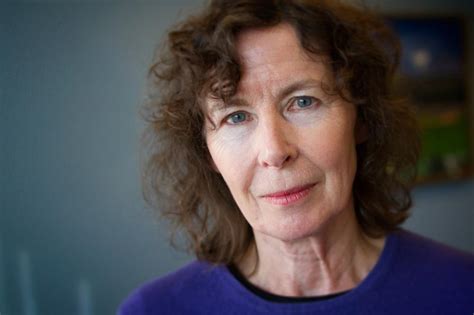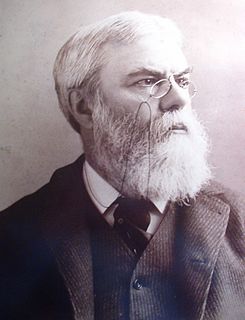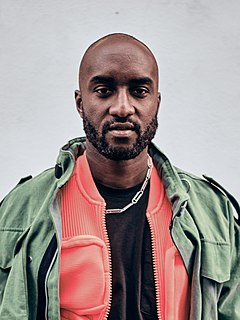A Quote by Karin Lowachee
Tobias Buckell combines old world with new in his novel CRYSTAL RAIN. While the rich cultures, drawn in part from Caribbean history and lore, echo a familiar landscape, he brings it out of the Earth milieu and into a bold new universe where technology and tradition collide. I enjoyed his colorful characters and musical use of language; his voice is fresh and entirely readable.
Related Quotes
In his scintillating new novel, Matt Bondurant explores a crucial period in the history of Virginia and of his family. His gorgeous, precise prose brings to life an amazing cast of characters, including Sherwood Anderson, and the often deadly battles of Prohibition. The Wettest County in the World is a remarkably compelling, highly intelligent, and deeply moving novel.
Physiologically, man in the normal use of technology (or his variously extended body) is perpetually modified by it and in turn finds ever new ways of modifying his technology. Man becomes, as it were, the sex organs of the machine world, as the bee of the plant world, enabling it to fecundate and to evolve ever new forms. The machine world reciprocates man's love by expediting his wishes and desires, namely, in providing him with wealth.
In my Pantheon, Pan still reigns in his pristine glory, with his ruddy face, his flowing beard, and his shaggy body, his pipe and his crook, his nymph Echo, and his chosen daughter Iambe; for the great god Pan is not dead, as was rumored. No god ever dies. Perhaps of all the gods of New England and of ancient Greece, I am most constant at his shrine.
Ho Kyuns poetry is in the tradition of his master, the incomparable Tu Fu, while remaining fully his own. Writing nine centuries later, Hos poetry strikes many parallels--the experiences of war and exile and constant struggle-- and his voice is similarly humane. This is rich and enlightening reading.
Modern man has been in search of a new language of form to satisfy new longings and aspirations - longings for mental appeasement, aspirations to unity, harmony, serenity - an end to his alienation from nature. All these arts of remote times or strange cultures either give or suggest to the modern artist forms which he can adapt to his needs, the elements of a new iconography.
The price a world language must be prepared to pay is submission to many different kinds of use. The African writer should aim to use English in a way that brings out his message best without altering the language to the extent that its value as a medium of international exchange will be lost. He should aim at fashioning out an English which is at once universal and able to carry his peculiar experience.
Superheroes are also about immigrants. Superman, the prototype of all superheroes, is a prototypical immigrant. His homeland was in crisis, so his parents sent him to America in search of a better life. He has two names, one American, Clark Kent, and the other foreign, Kal-El. He wears two sets of clothes and lives in between two cultures. He loves his new country, but a part of him still longs for his old one.
He is not the soul of Nature, nor any part of Nature. He inhabits eternity: He dwells in a high and holy place: heaven is His throne, not his vehicle, earth is his footstool, not his vesture. One day he will dismantle both and make a new heaven and earth. He is not to be identified even with the 'divine spark' in man. He is 'God and not man.
When the Son on the Cross promises paradise in his company to the good thief, when he promises the future feast in Heaven to the Apostles, when he speaks of the kingdom of the Father, he is always pointing toward eternity. However brief and close to the earth his words sound, they echo throughout infinite eternity and permeate the faith of his followers with their eternal content. He knows what he speaks of, what he brings with him and what he promises; and he can convey it to those who know it not. The very words he uses are designed to awaken in them a new sense: the sense of the eternal.


































